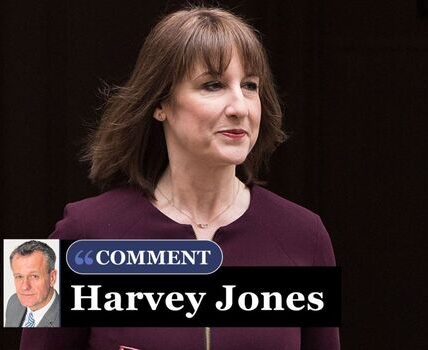If World War 3 breaks out, men of these ages could be forced to join the UK’s army and fight in Europe.

British people could be forced to join the army if WW3 breaks out (Image: Getty)
It’s not something anyone wants to think about, but as tensions escalate around the world, there is a non-zero possibility that World War 3 could happen within the next decade. The Israel-Palestine conflict continues to rage, and at the same time, tensions in the Middle East peaked earlier this week following US strikes on Iran’s sensitive targets and Tehran’s response, while Putin refuses to back down from his Russian invasion into Ukraine. Just this week, the UK government told people to prepare for war on British soil, and is urging better preparedness for conflict across society.
Sir Keir Starmer previously pledged to put British troops on the ground in Ukraine to defend its advances if necessary. Assuming tensions continue to ramp up and a new global conflict were to erupt, there are some indicators about what would happen if the UK went to war and needed to introduce conscription.
In WW2, conscription began for men aged between 20 to 22 in 1939, up to six months before the war actually broke out.
The UK Parliament website says: “During the spring of 1939 the deteriorating international situation forced the British government under Neville Chamberlain to consider preparations for a possible war against Nazi Germany.
“Plans for limited conscription applying to single men aged between 20 and 22 were given parliamentary approval in the Military Training Act in May 1939. This required men to undertake six months’ military training, and some 240,000 registered for service.”
But when war was declared, the age range was immediately widened to any man aged 18 to 41.
It continues: “On the day Britain declared war on Germany, 3 September 1939, Parliament immediately passed a more wide-reaching measure.
The National Service (Armed Forces) Act imposed conscription on all males aged between 18 and 41 who had to register for service.”
The only men who weren’t called up were those who were too unfit medically, or who worked in vital industries like baking, farming, and medicine, which were vital to the war effort.
It adds: “Those medically unfit were exempted, as were others in key industries and jobs such as baking, farming, medicine, and engineering.”By the end of 1941, women and ‘all childless widows’ between the ages of 20 and 30 were called up, while men aged up to 51 were called up for military service. Even those aged 52 to 60 were required to take part in ‘some form of military service’.
Last year, Grant Shapps, who at the time was Defence Secretary, said that we are “moving from a post-war to a pre-war world”, and General Sir Patrick Sanders, Britain’s most senior army officer, called for an increase in the size of the army and said that the country needed to increase preparedness for conflict.
A YouGov survey carried out on 3044 people in late January found that 38% of under-40s said they would refuse to serve in the armed forces if a new world war broke out, and 30% would not serve even if the UK faced ‘imminent invasion’.
The same poll found that 72% supported women being conscripted as well as men.
It isn’t clear what would happen to those refusing to serve in WW3, but in WW2, British ‘conscientious objectors’ were put on trial, with some given mandatory jobs to contribute to the war effort in other ways instead


